Burlington, Vermont Votes To Remove Language That Discriminates Against Sex Workers From City Charter
March 1, 2022
Burlington voters overwhelmingly chose to remove archaic and discriminatory language from their city charter. The current charter mandates that Burlington “restrain and suppress houses of ill fame and disorderly houses, and to punish common prostitutes and persons consorting therewith.” The question of whether to remove the language was presented to voters during their annual local election. Burlington residents showed their support for human dignity, equity, and safety by choosing to strike this outdated language from the charter. The referendum now heads to the statehouse to be ratified.
The charter change does not decriminalize sex work in Burlington, as Vermont State law still criminalizes commercial sex. But the referendum vote does signify that Burlington voters understand the important differences between consensual adult sex work and human trafficking and support equity, safety, and dignity for all. Consensual adult sex work is not inherently dangerous but criminalization and stigmatization leave individuals vulnerable to abuse and violence. Conversely, the decriminalization of consensual adult sex work protects the health and safety of communities by allowing sex workers greater access to resources and agency in their work. It also helps combat violence against sex workers by allowing them to report crimes committed against them and others without fear of arrest. When Rhode Island decriminalized consensual adult sex work between 2003 and 2009, incidences of female gonorrhea declined by 39% and sexual assault declined by 31%.
Stigma and discrimination cause tremendous harm to all people engaged in sex work, whether their form of work is legal or not, and whether they are working by choice, circumstance, or coercion. Laws that further stigma, shame, misogyny, and discrimination enable and amplify harm to an already vulnerable population.
“Removing this discriminatory language from the city charter is a critical and positive step for consensual adult sex workers and everyone who cares about their communities. It also shows that voters can separate consensual adult sex work from the grotesque crime of human trafficking,” said Henri Bynx, co-founder of The Ishtar Collective, Vermont’s only organization run by and for sex workers and survivors of exploitation or trafficking. “We are deeply touched and encouraged to no longer be further marginalized by punitive language in Burlington’s city charter,” they continued.
A broad coalition of supporters urged Burlington voters to stand up for equity, safety, and dignity by voting affirmatively on question #5 on Town Meeting Day 2022.
Endorsers included:
Representative Tiff Bluemle (Chittenden-6-5)
Representative Brian Cina (Chittenden-6-4)
Representative Selene Colburn (Chittenden-6-4)
Representative Robert Hooper (Chittenden-6-1)
Representative Curt McCormack (Chittenden-6-3)
Representative Emma Mulvaney-Stanak (Chittenden-6-2)
Representative Barbara Rachelson (Chittenden-6-6)
Representative Taylor Small (Chittenden-6-7)
Representative Gabrielle Stebbins (Chittenden-6-5)
Burlington City Council President Max Tracy (Ward 2)
Burlington City Councilor Perri Freeman (Central)
Burlington City Councilor Jack Hanson (East)
Burlington City Councilor Zoraya Hightower (Ward 1)
Burlington City Councilor Joe Magee (Ward 3)
Burlington City Councilor Jane Stromberg (Ward 8)
The Ishtar Collective
Migrant Justice
National Harm Reduction Coalition
Out in the Open
Pride Center of Vermont
Vermont CARES
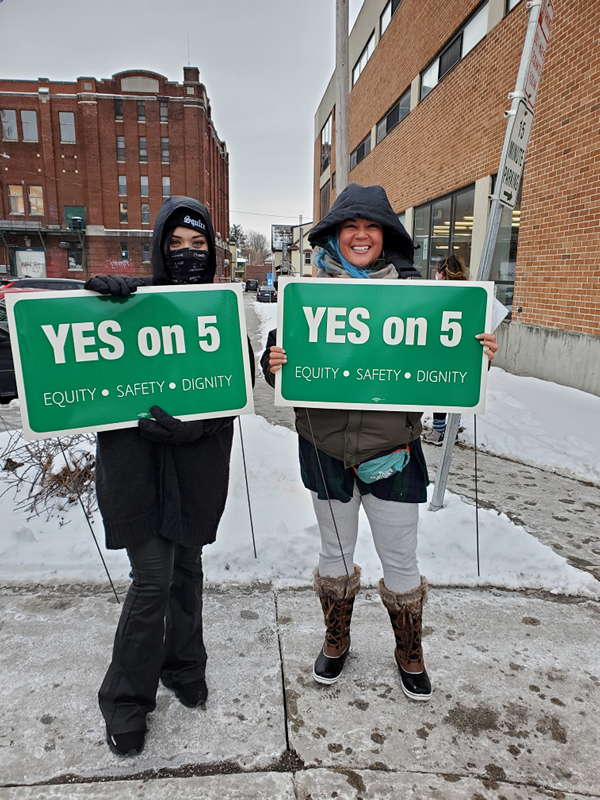
Megan, a volunteer from the Erotic Labor Alliance of New England (ELA-ONE), and J. Leigh Oshiro-Brantly of DSW and the Ishtar Collective brave the cold in order to advocate for the charter change. (DSW, 2022)
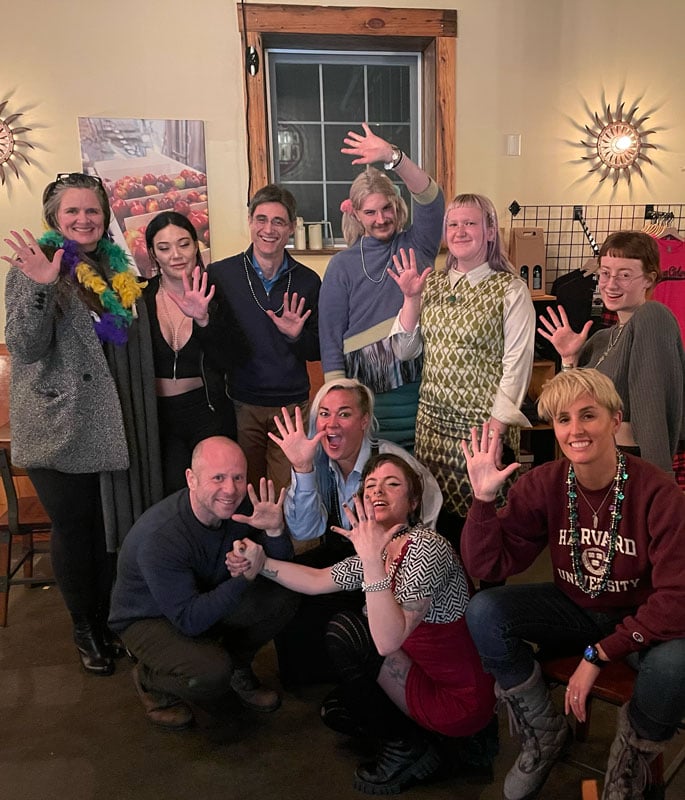
Members of the Ishtar Collective, ELA-ONE, and allies celebrate on election night. (Ishtar Collective, 2022)
DSW Newsletter #34 (March 2022)
Burlington, Vermont Votes To Remove Language That Discriminates Against Sex Workers From City Charter

Members of Congress Introduce Bill To Study the Impact of SESTA/FOSTA
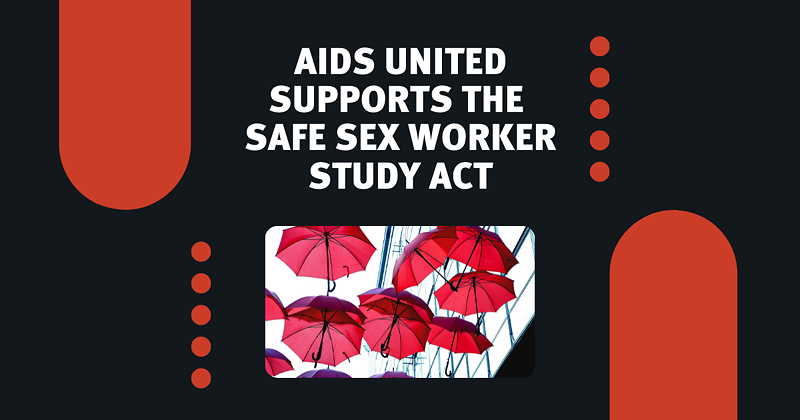
John Oliver Dissects Sex Work Criminalization and How We Can Do Better

Honoring International Sex Worker Rights Day
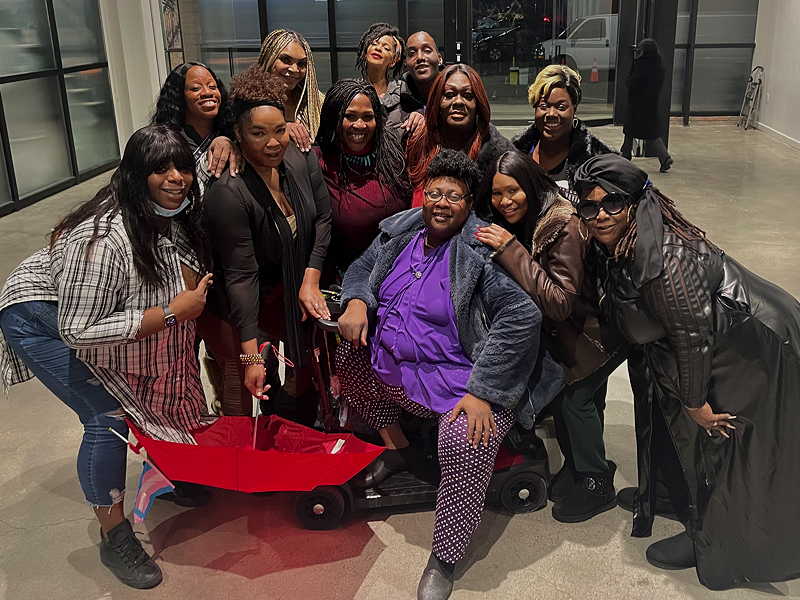
Save the Dates!
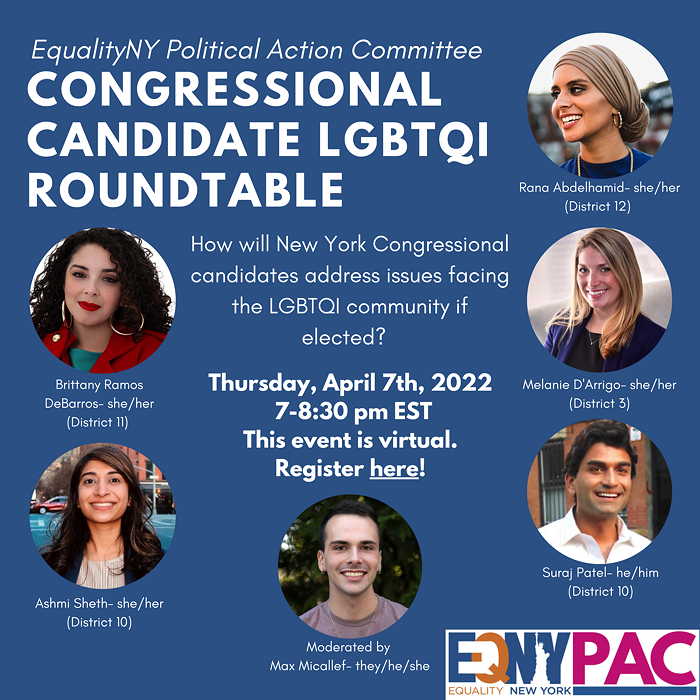
DSW Newsletter Archive
HBO’s Last Week Tonight with John Oliver looks at sex work
DSW Staff Attorney Rebecca Cleary and Legal Director Melissa Broudo provided background to the producers of HBO’s Last Week Tonight with John Oliver and the resulting 25-minute segment on sex work, which aired on February 27, was the best piece of mainstream reporting on the issue that we have seen. It is also hilarious.
‘Now we don’t have a safe place’: sex workers’ social media site Switter shuts down amid legal fears | The Guardian
Dozens testify to ban sex between law enforcement and those in their custody | Uprise RI
Victoria Becomes Australia’s Third State to Decriminalize Sex Work
February 10, 2022
After a multi-year effort to decriminalize consensual, adult sex work in Victoria, the Sex Work Decriminalisation Act 2021 passed the upper house by 24 votes to 10, clearing its final hurdle to becoming law. Though the bill will go back to the lower house for another vote, it has a clear majority behind it. Sex workers and supporters are celebrating this hard-won victory while acknowledging that there is still much work to be done to realize the full human rights of sex workers.
The reforms under the new law will not be in full effect until December of 2023. Repealing the Sex Work Act of 1994 is the first step in the two-year-long process. The state will also do away with its registry requirements for sex workers, mandated STI tests, and street-based sex work will be partially legalized in some parts of the state. The Equal Opportunity Act has been amended to make it unlawful to discriminate against an individual based on their “profession, trade or occupation.” Sex work will now be regulated through standard planning, occupational health and safety, and other regulations that apply to all businesses in Victoria.
Sex work in Victoria is currently regulated by a legal model that allows sex work to occur under very specific conditions, as laid out by the Sex Work Act of 1994. Licensed providers are able to operate regulated brothels and escort agencies. Independent sex workers must obtain a license and submit to mandated health testing. Any sex work that occurs outside this schema is criminalized. Advocates criticize this system for creating an unequal industry, where about 80% of the workers are still criminalized. These are usually the most disadvantaged and marginalized sex workers, “particularly migrant sex workers, gender diverse sex workers, they’re the ones that are usually in that illegal underground area and the consequences of that is many feel they are not able to report unfair work practices and crimes to police,” reports Matthew Roberts, spokesperson of Sex Work Law Reform Victoria. Even for legal sex workers, because of the registry, their personal information is public information, showing up on police checks and sometimes interfering with custody or housing cases.
Upper House MP Victoria Patten has campaigned for decriminalization for decades. She led a 2019 review of sex work laws that recommended decriminalization to protect the human rights, health, and safety of sex workers in Victoria. “This campaign really started in the early 1980s and we have seen iterations of legislation designed to control and effectively stigmatize sex workers,” Patten told ABC News. “We have legislation currently in place that is not fit for purpose. It doesn't work on any meaningful level, it doesn't protect anyone and, in fact, it does quite the opposite.”
Sex worker groups consulted throughout the process have largely been supportive of the bill. Still, there is some concern that the bill as written will leave some sex workers without protection. “In our campaigning, we've been very upfront that this is not decriminalization unless it’s decriminalization for all of us,” said Jules Kim, chief executive at Australia’s largest sex worker organization Scarlet Alliance. “We’re still really committed – and I think the sex worker community is out [rightly] celebrating [the bill] – but we’re committed to continu[ing] pushing for further reforms. … We’ll continue to fight really hard to ensure that the many positive elements of the bill extend to everybody.” Concern over equal protections centers around street-based sex work and the fear that laws regulating where and when street work can occur will encourage law enforcement to continue harassing, surveilling, and arresting sex workers. The government has introduced new offenses to prohibit street-based sex workers from operating in certain areas such as those close to schools, childcare facilities, and places of worship. “Unfortunately the bill does fall short in some areas,” Vixen Collective acting manager Dylan O’Hara said. “It does need strengthening to ensure that all parts of our sex worker community can enjoy the benefits of decriminalization. We need this to be full, genuine decriminalization that extends to all sex workers.”
Still, the new law is a critical step in combatting the discrimination sex workers are subject to while accessing banking, housing, education, employment, and other resources. A 2020 study conducted by the Centre for Social Research found that 96% of workers had experienced discrimination in the past 12 months. Kim says “the bill will go a long way in addressing these issues and improving our access to work health and safety, our access to redress in the same ways that other workers are able to.”
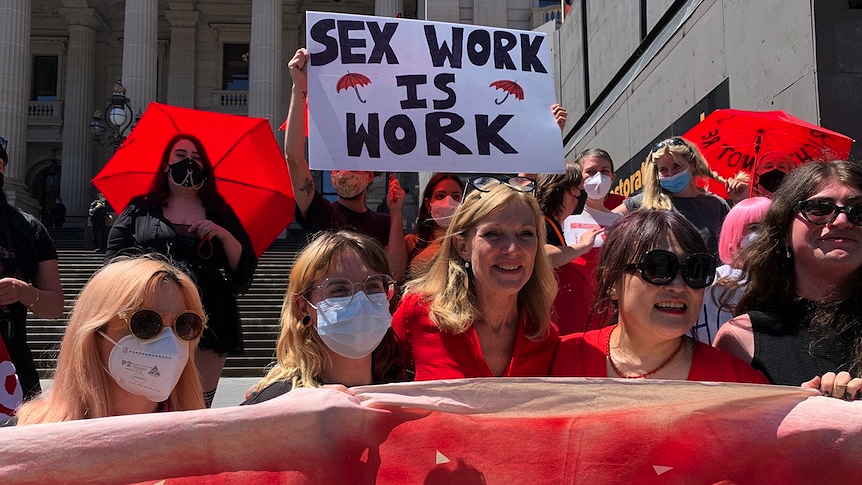
MP Fiona Patten poses with sex workers and supporters of the decriminalization bill on the steps of parliament. (ABC News, 2022)
DSW Newsletter #33 (February 2022)
DSW Releases Groundbreaking Report on Sex Work and Human Trafficking in New York State
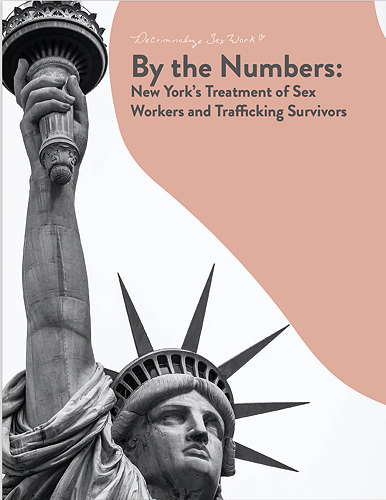
The EARN IT Act Threatens Free Speech and Sex Worker Rights
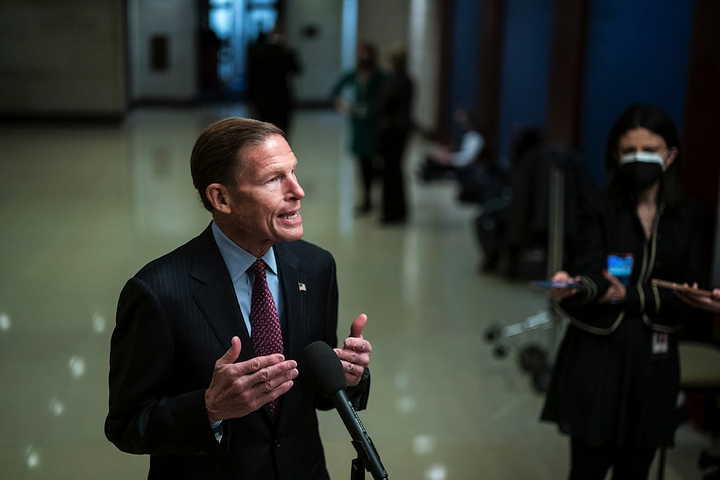
A Constitutional Right to Sex Work
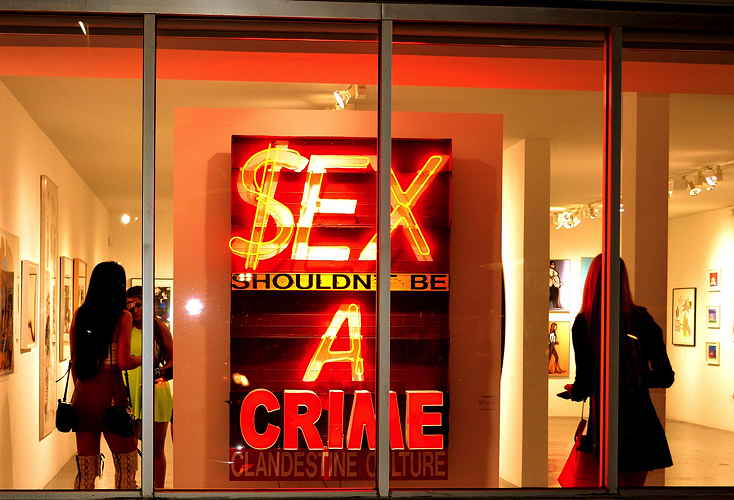
Victoria Becomes Australia’s Third State to Decriminalize Sex Work

Chilling Effects: Amnesty International reports on Ireland’s 2017 End Demand Law
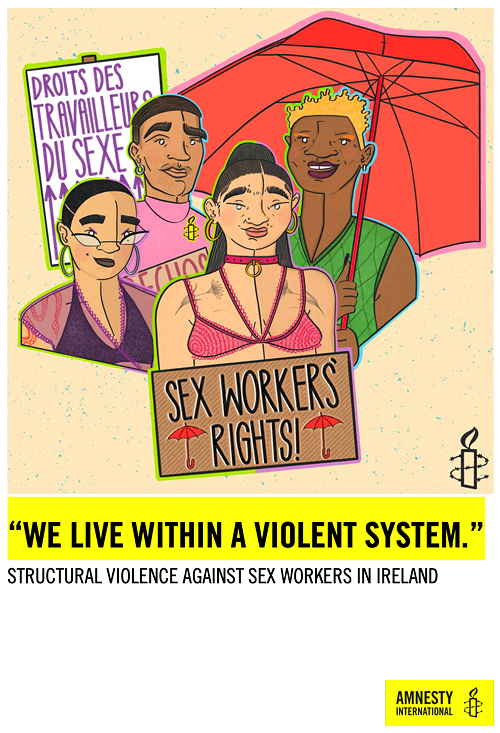
Maya Angelou, Sex Worker and Hero

